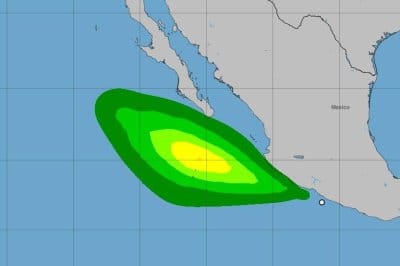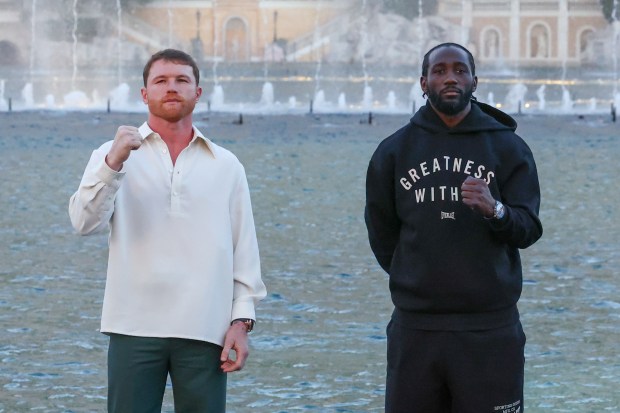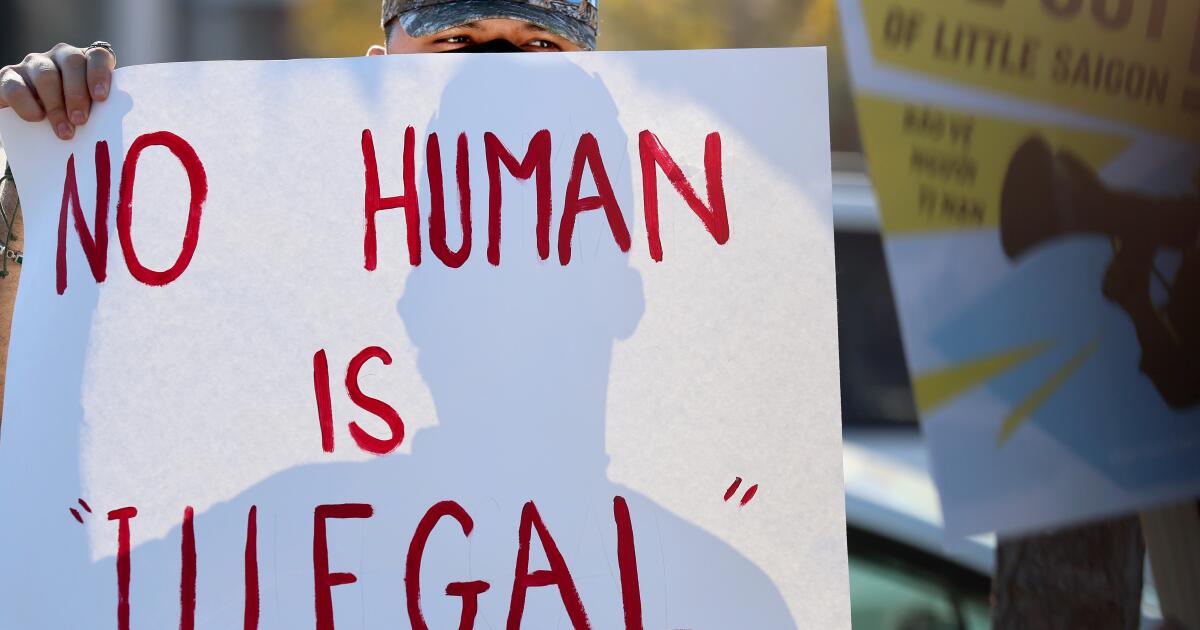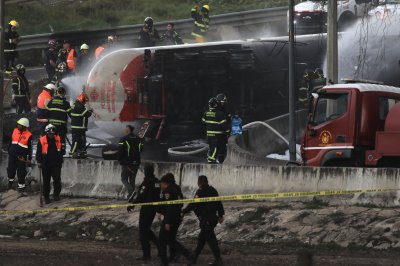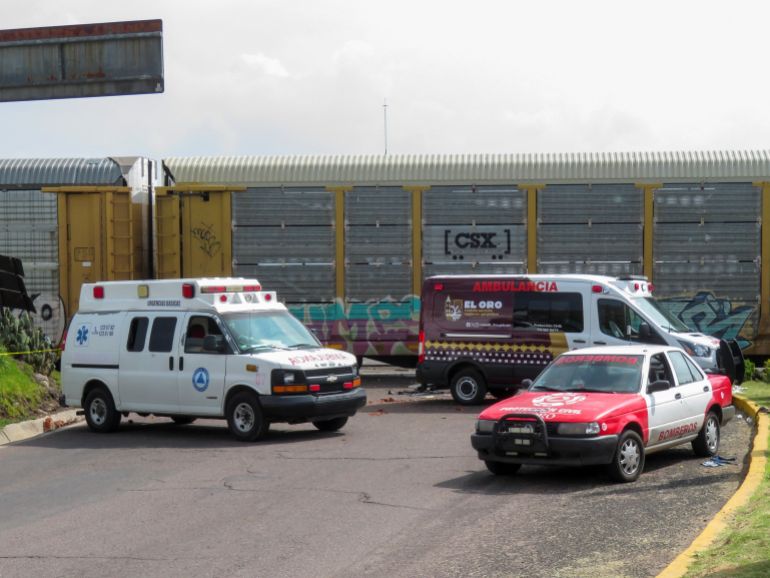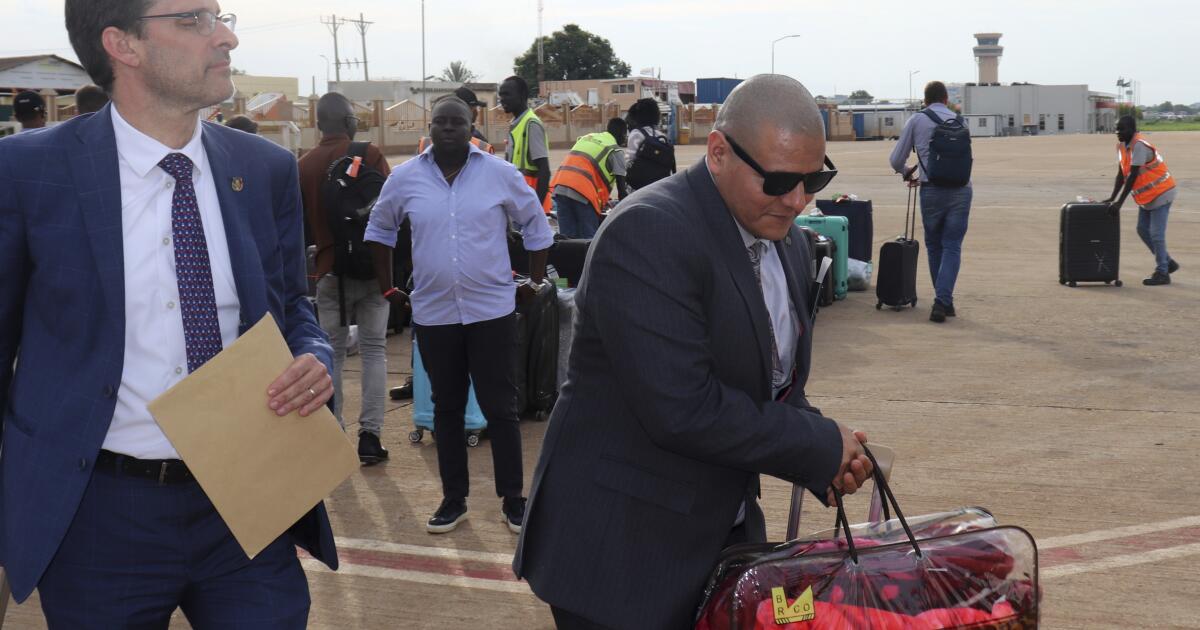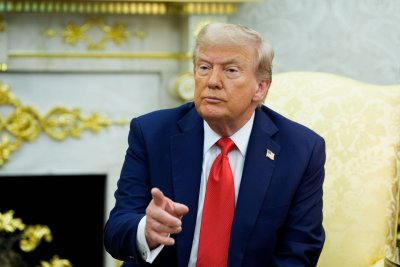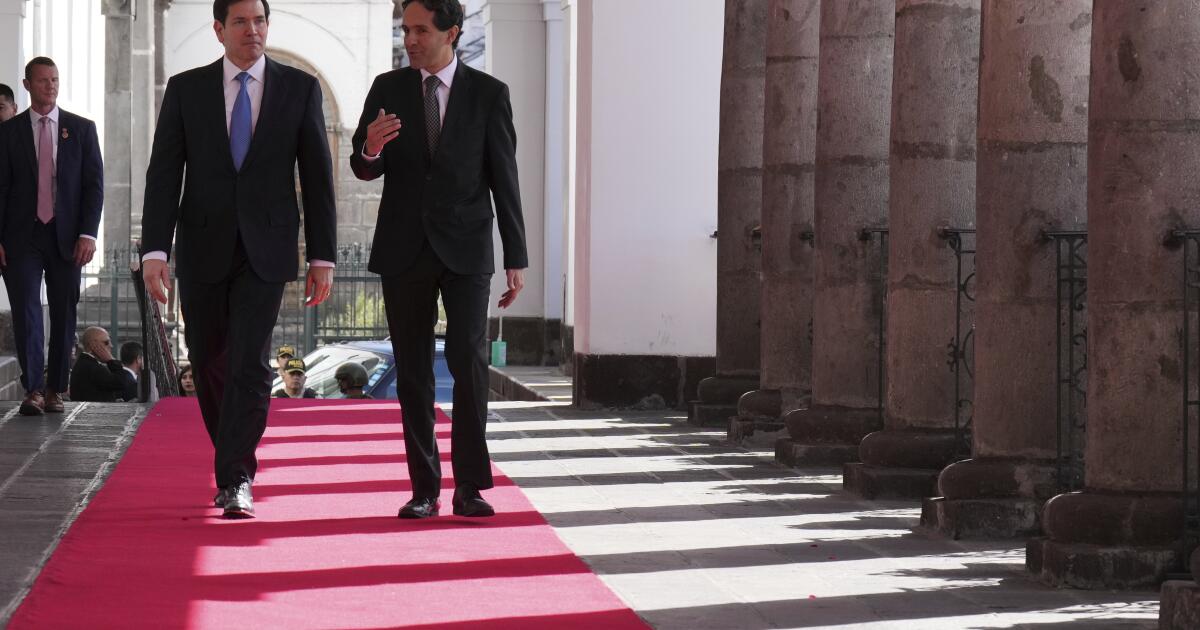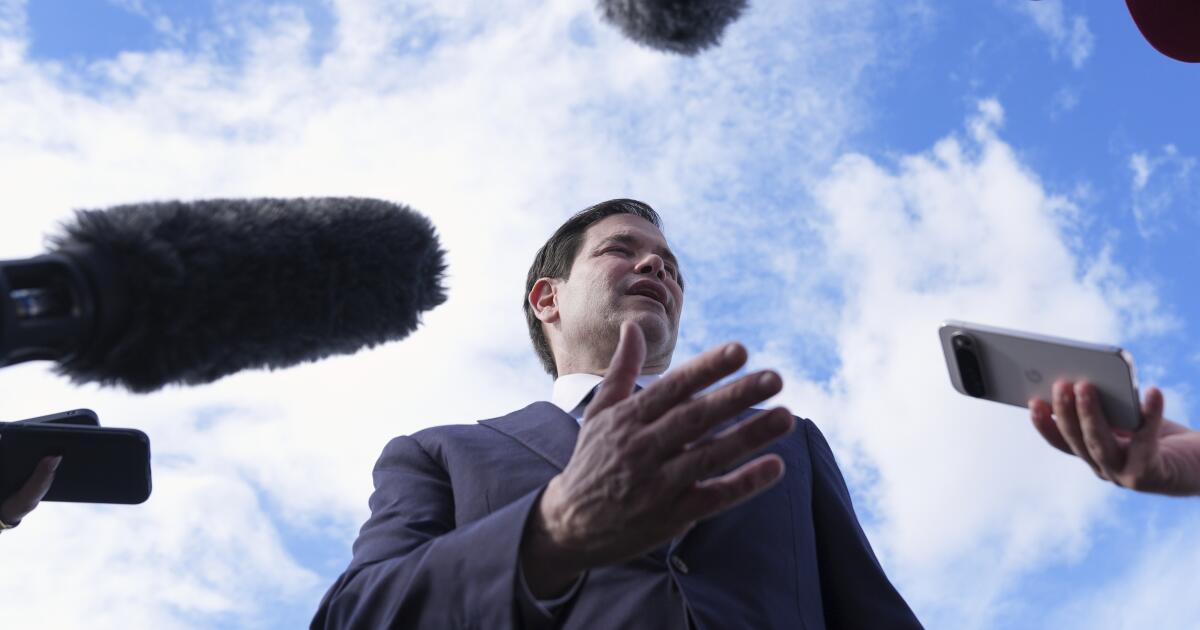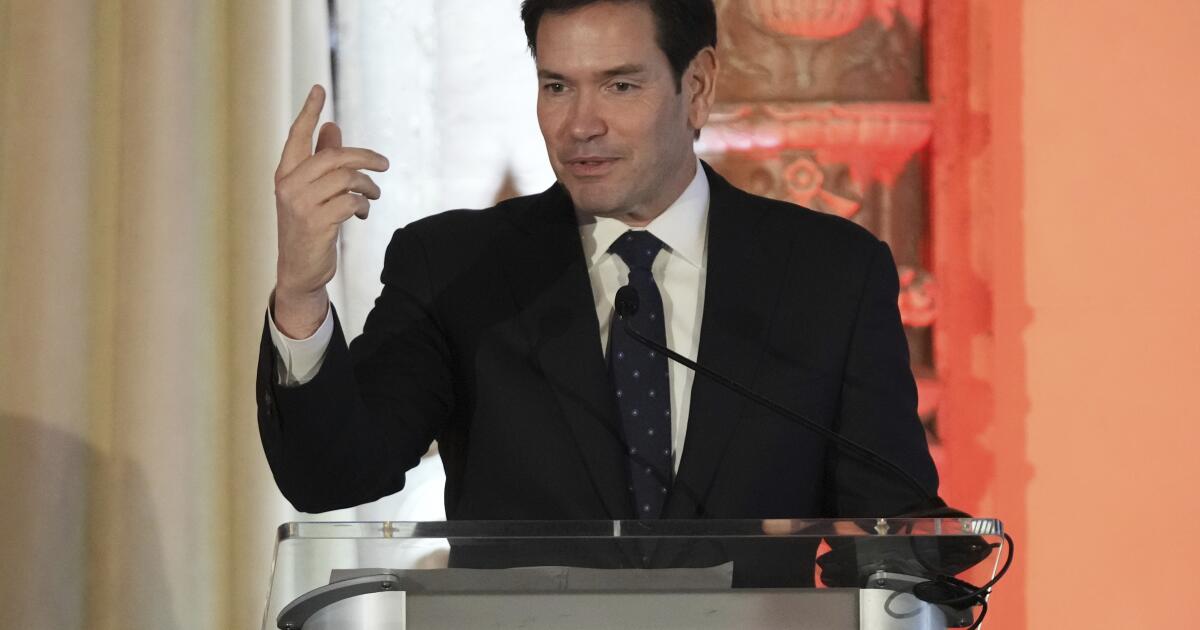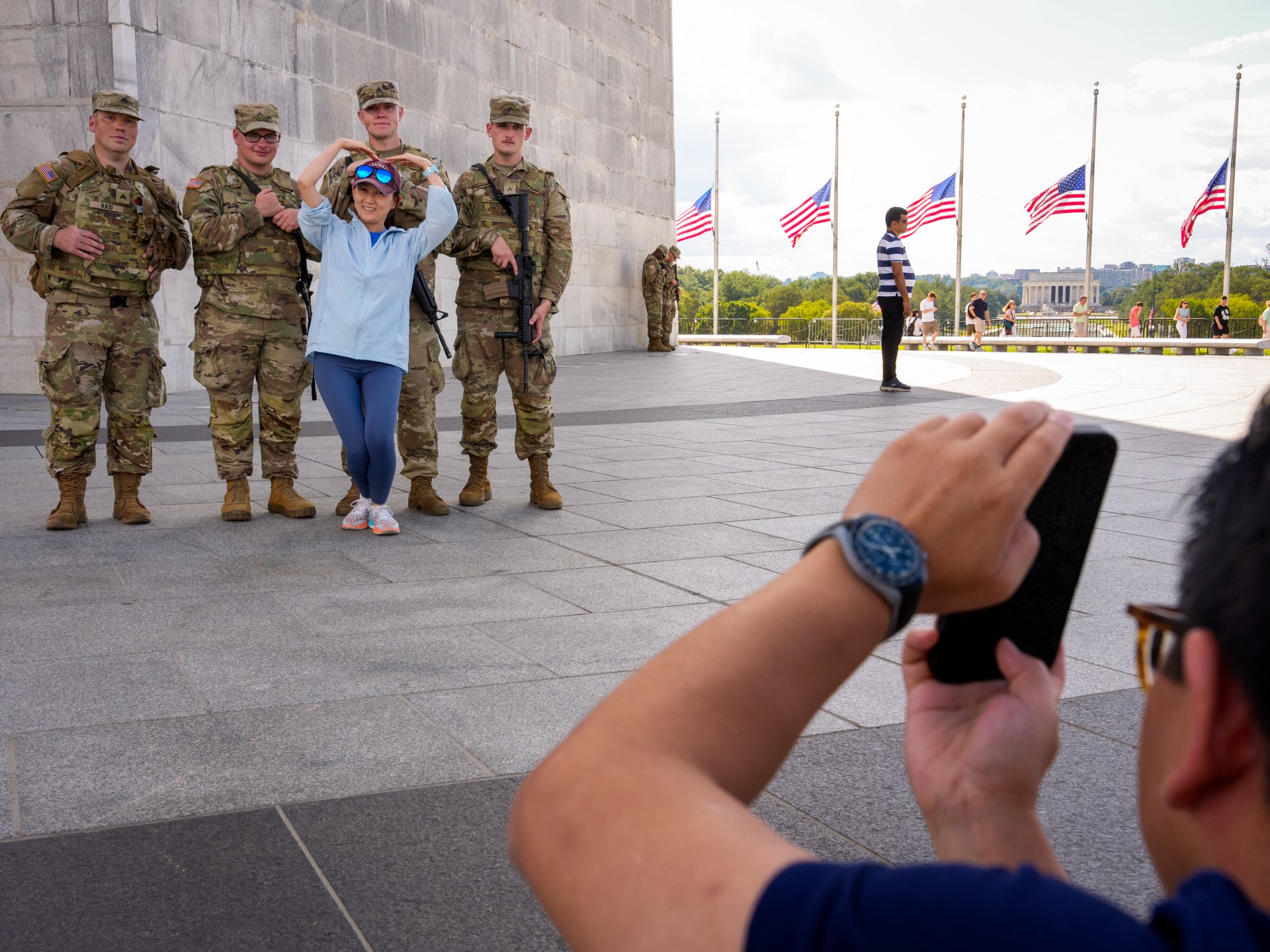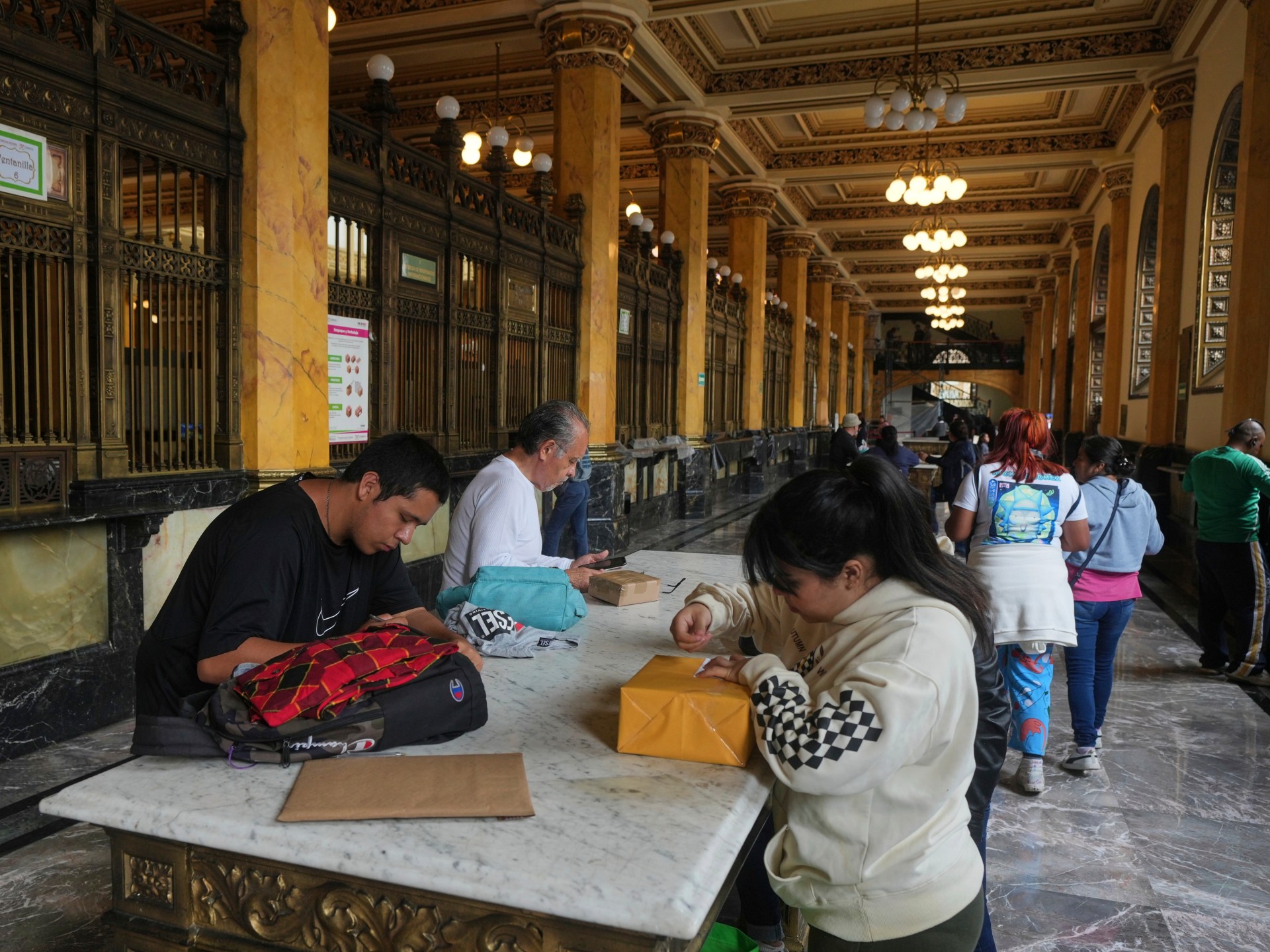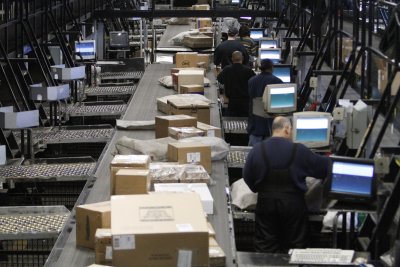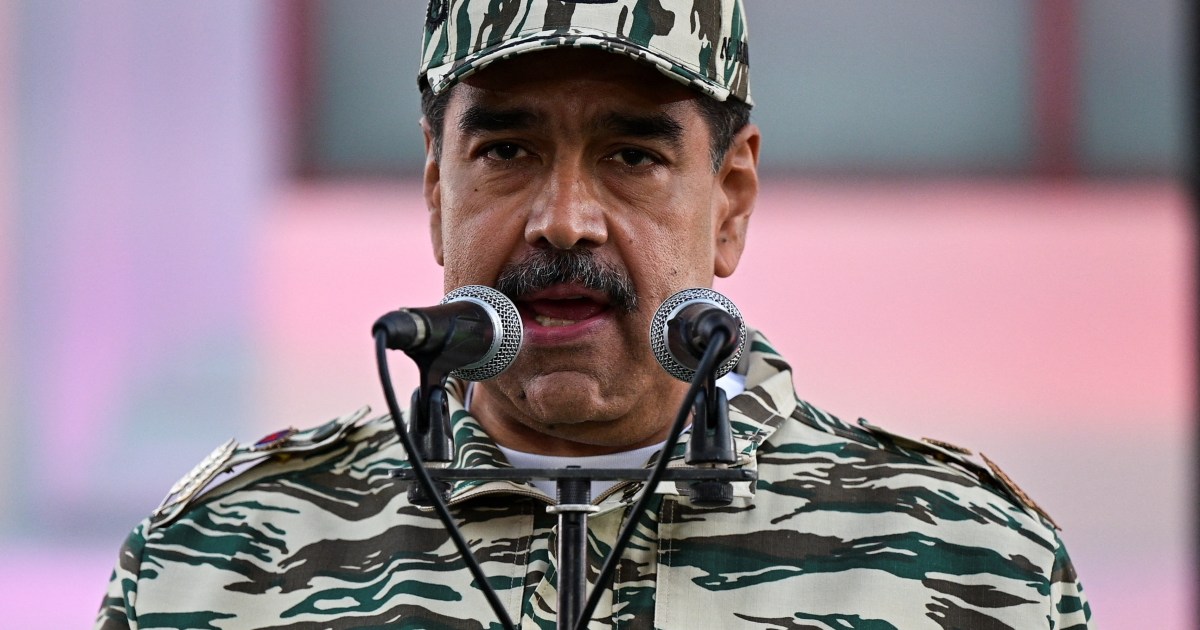What makes someone suspicious enough to be grabbed by masked federal authorities?
Is it a Mexican family eating dinner at a table near a taco truck?
Afghan women in hijabs working at a Middle Eastern market?
South Asian girls in colorful lehengas, speaking Hindi at an Indian wedding?
According to Justice Brett M. Kavanaugh, writing a concurrence in the Supreme Court’s emergency ruling allowing roving immigration raids in Los Angeles, any of these could be fair game, using law and “common sense.”
Brown people, speaking brown languages, hanging out with other brown people, and doing brown people things like working low-wage jobs now meets the legal standard of “reasonable suspicion” required for immigration stops.
Living while brown has become the new driving while Black.
Of course, this particular high court ruling — and our general angst — has centered on Latino immigrants. That’s fair, and understandable. In California, about half of our immigrants are from Mexico, and thousands more from other Latin and South American countries.
But increasingly, especially for newer immigrants, more folks are coming from Africa and Asian countries such as China and India — some of which, you may recall, Donald Trump called “shithole countries” way back in 2018, while questioning why America doesn’t take more immigrants from white places such as Norway.
It’s a dangerous mistake to think Trump’s immigration purge is just about Latinos. He’s made that clear himself. We have reached the point in our burgeoning white nationalism when our high court has deemed brown synonymous with illegal, regardless of what country that pigment originated in. False distinctions about who is being targeted create divisions at a time when solidarity is our greatest power.
“It’s really about racial subordination, and this is really about promoting white supremacy in this nation,” George Galvis, executive director of Communities United for Restorative Youth Justice, told me. He’s part Native American and part Latino, and 100% against policies like this one that target people by skin color.
Mexico, India, China, Iran. People from these places may not always see what they have in common, but let me help you out.
Racists see two colors: white and not white. Although this particular case was filed on behalf of Latino defendants, there is nothing in it that limits its scope to Latinos.
“It’s not targeting, you know, Eastern Europeans. It’s not targeting people who are Caucasian,” said Amr Shabaik, legal director of the Council on American-Islamic Relations in L.A., a nonprofit civil rights organization advocating for American Muslims. “This is going to be on Black and brown communities, and that’s who’s going to feel the brunt.”
For Black Americans, this argument is as old as dirt. Our criminal justice system, our society, has a long and documented history of viewing Black Americans with suspicion — considering it “common sense” to think they’re up to something nefarious for actions like getting behind the wheel of a car. But, for the most part, our courts have frowned upon such obvious racism — though not always.
That anti-Black discrimination can be seen today in Trump’s deployment of the National Guard into urban centers in what Trump has described as a “war” on crime, a callback to the war on drugs of the 1990s that targeted Black Americans with devastating consequences.
This ruling on immigration enforcement goes hand-in-hand with that military deployment, two prongs in a strategy to wear away our outrage and shock at the dismantling of civil rights.
As Justice Sonia Sotomayor pointed out in her dissent, the 4th Amendment is supposed to protect us all from “arbitrary interference” by law enforcement.
“After today,” she wrote, “that may no longer be true for those who happen to look a certain way, speak a certain way, and appear to work a certain type of legitimate job that pays very little.”
That makes this ruling “unconscionably irreconcilable” with the Constitution, she wrote.
ICE has detained about 67,000 people across the country since last October, according to government data. Of those, almost 18,000 are from Mexico. Detentions of people from Guatemala and Honduras add almost 14,000 Latinos to that number. Places including Colombia, Ecuador and Venezuela add thousands more. Certainly, by any measure, Latinos are bearing the brunt of immigration enforcement.
Other parts of the brown world are not immune, however. More than 2,800 people from India have been detained, as have more than 1,400 Chinese people. Thousands of people from across Africa, including more than 800 Egyptians, have been locked up, too.
So we are not just talking about Latino people at car washes or Home Depots. We are talking about Artesia’s Little India; Mid-City’s Little Ethiopia; the Sri Lankan community in West Covina.
We are talking about Sacramento’s Stockton Boulevard, where Vietnamese men congregate in the cafes every afternoon.
We are talking about the farms, schools and towns of the Central Valley and the Central Coast, where Latino and Asian immigrants grow our food.
We are talking about cities such as Fremont in the Bay Area, where 50% of the population is Asian, from places including India, China and the Philippines.
We are talking about California, where immigrants make up 27% of the state’s population, more than double the national average. And yes, many of them lack documents, or live in families of mixed status.
A recent UC Merced study found that there are about 2.2 million undocumented immigrants in California. Of those, about two-thirds have been here more than a decade, and half have been here for more than 20 years.
“This isn’t about enforcing immigration laws — it’s about targeting Latinos and anyone who doesn’t look or sound like Stephen Miller’s idea of an American, including U.S. citizens and children, to deliberately harm California’s families and small businesses,” Gov. Gavin Newsom wrote on social media. “Trump’s private police force now has a green light to come after your family — and every person is now a target.”
Remember a few short months ago when our dear leader swore they were only going after criminals? How quickly did that morph into criminals being anyone who had crossed the border illegally?
And now, it has openly become anyone who is brown — and we are not even shocked. We are happily debating what the rules of these broad sweeps will be, having given up entirely on the fact that broad sweeps are horrific.
Do you think it will stop with immigration, or even crime? What about LGBTQ+ people? Or protesters? Who becomes the next threat?
Immigration sweeps are not a Latino problem, a Latino fear. We have opened the door to target people who “common sense” tells us are un-American.
The only way to close that door is with our collective strength, undivided by the kind of “common sense” discrimination that men like Kavanaugh embrace.
